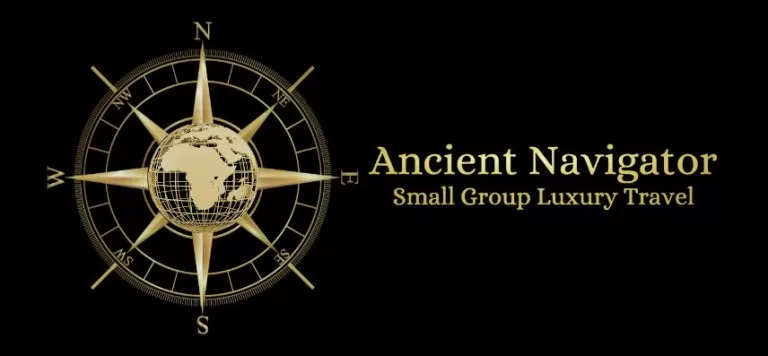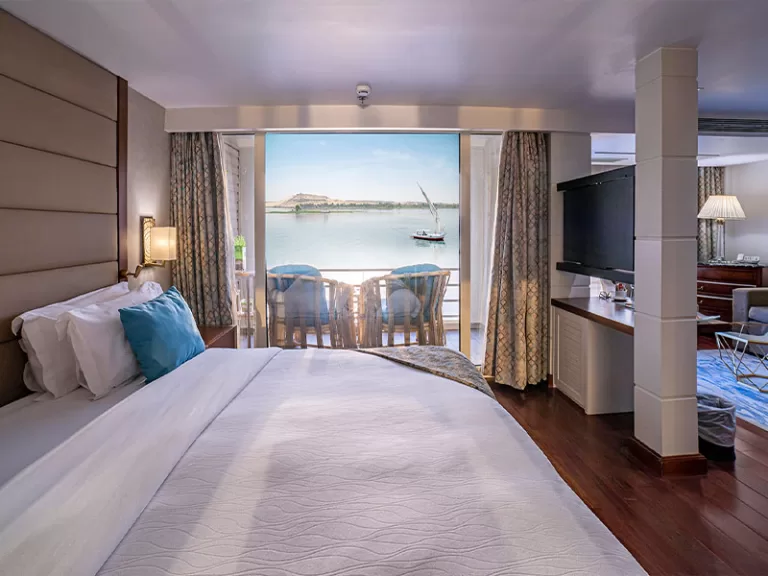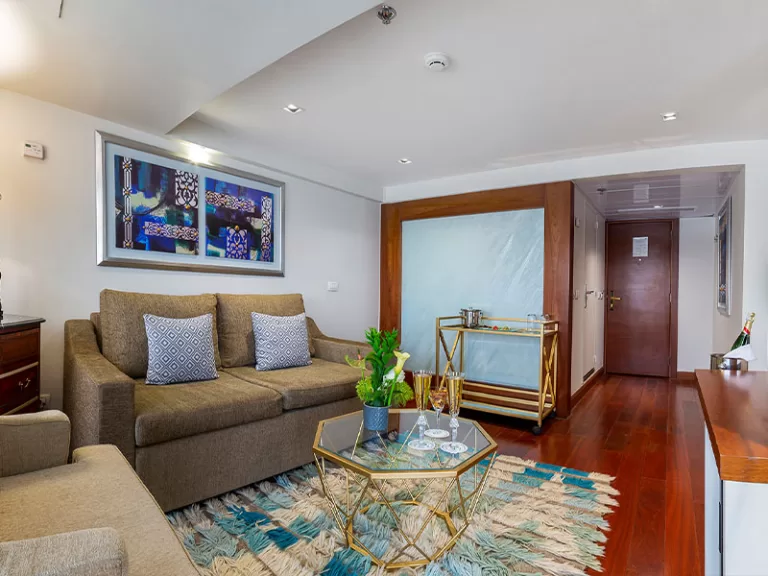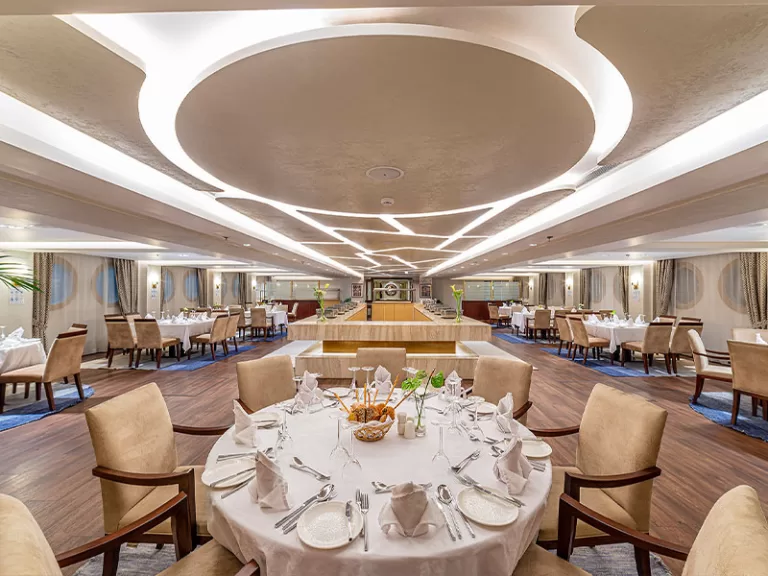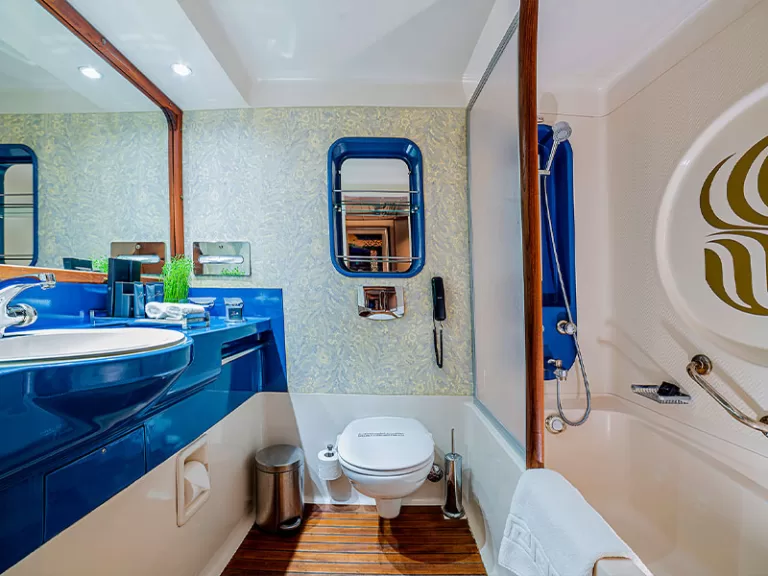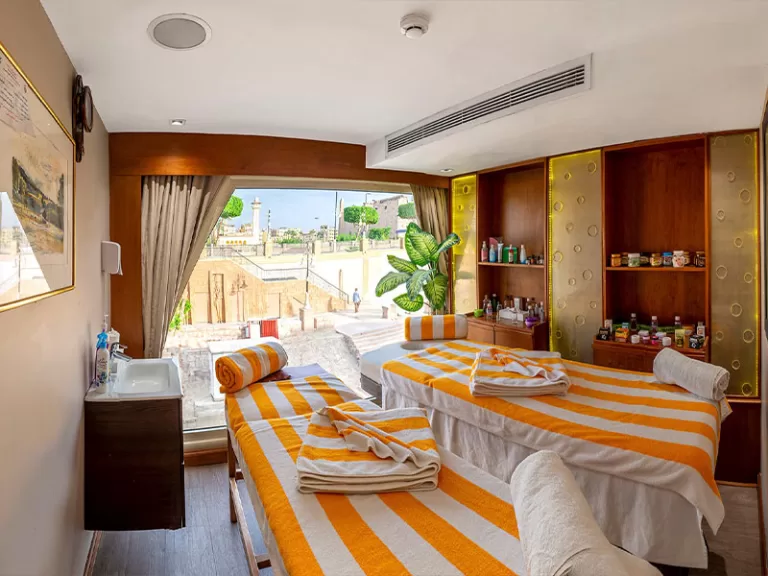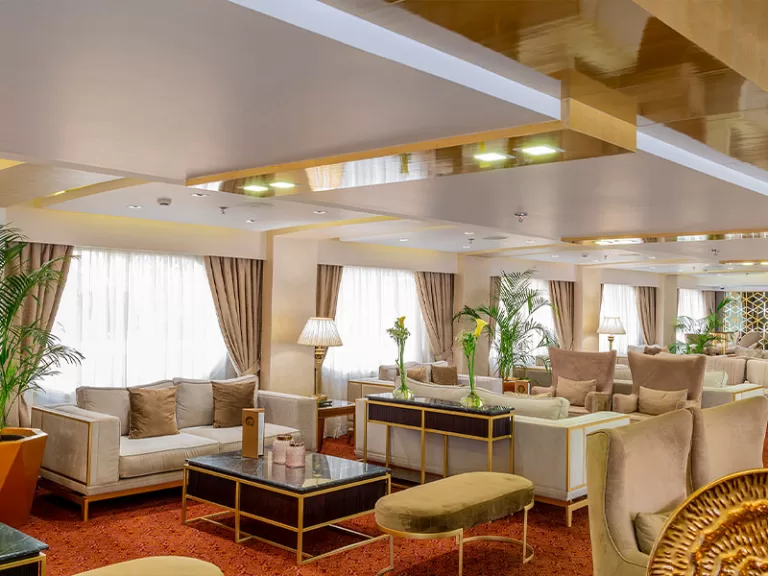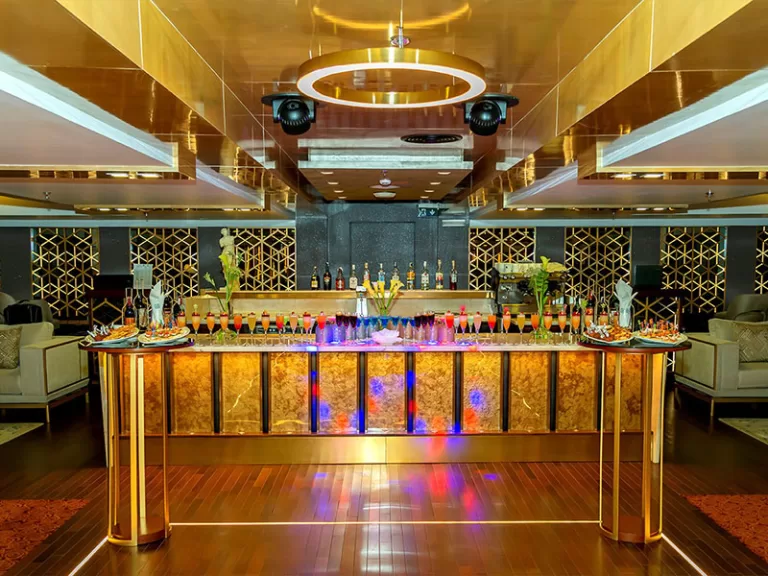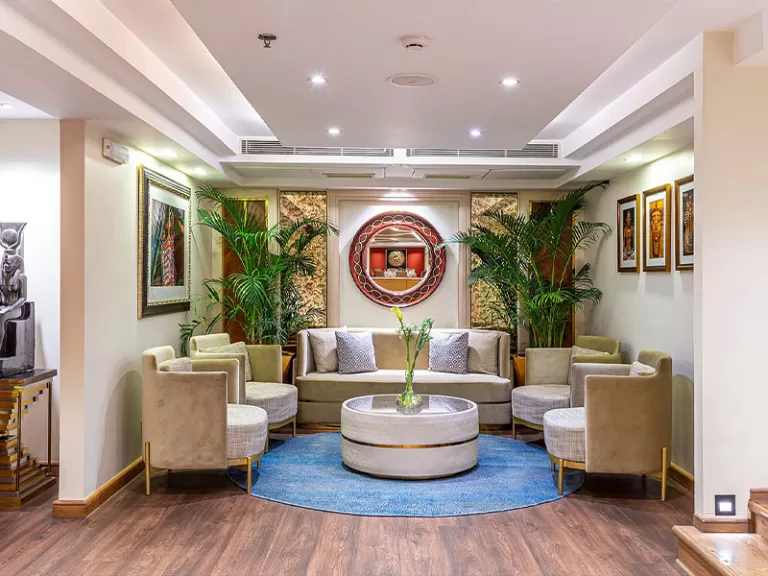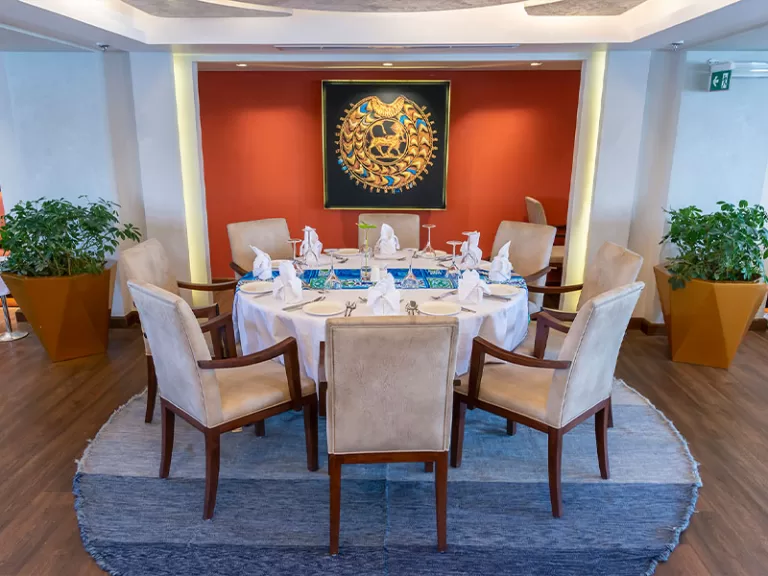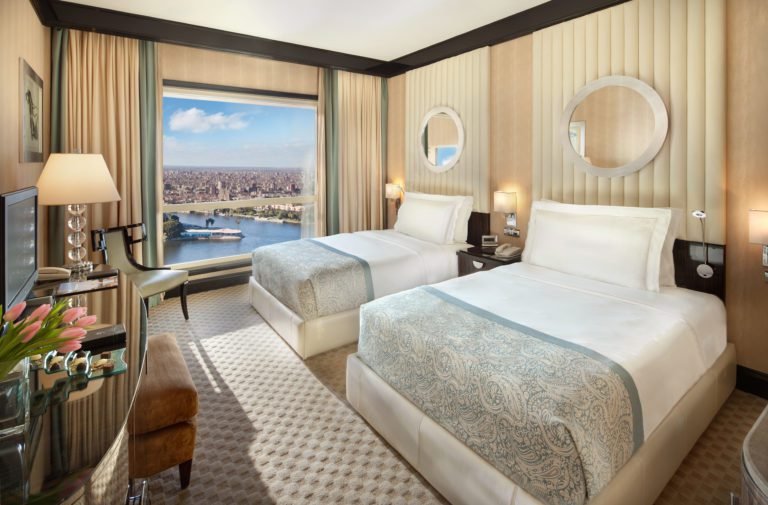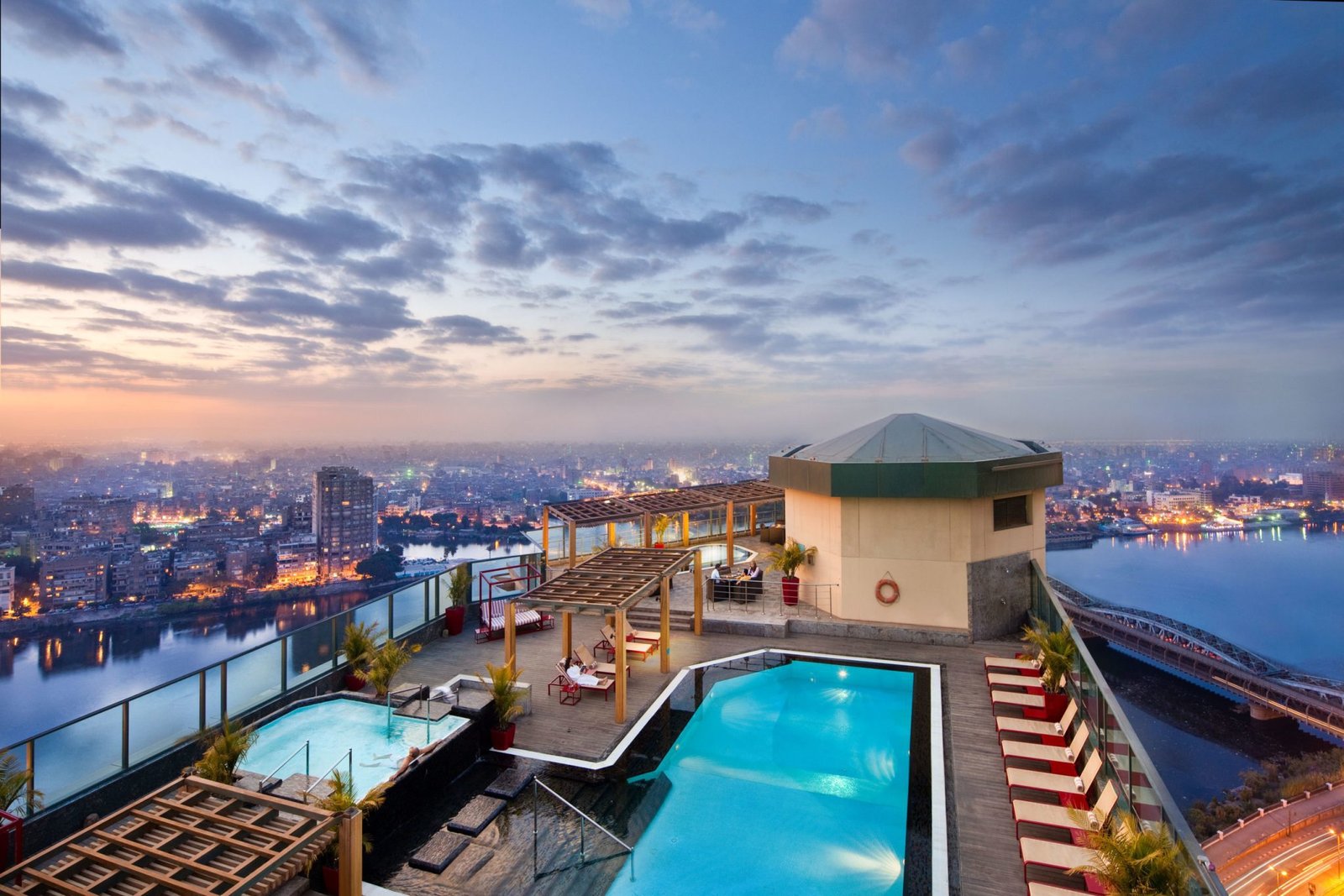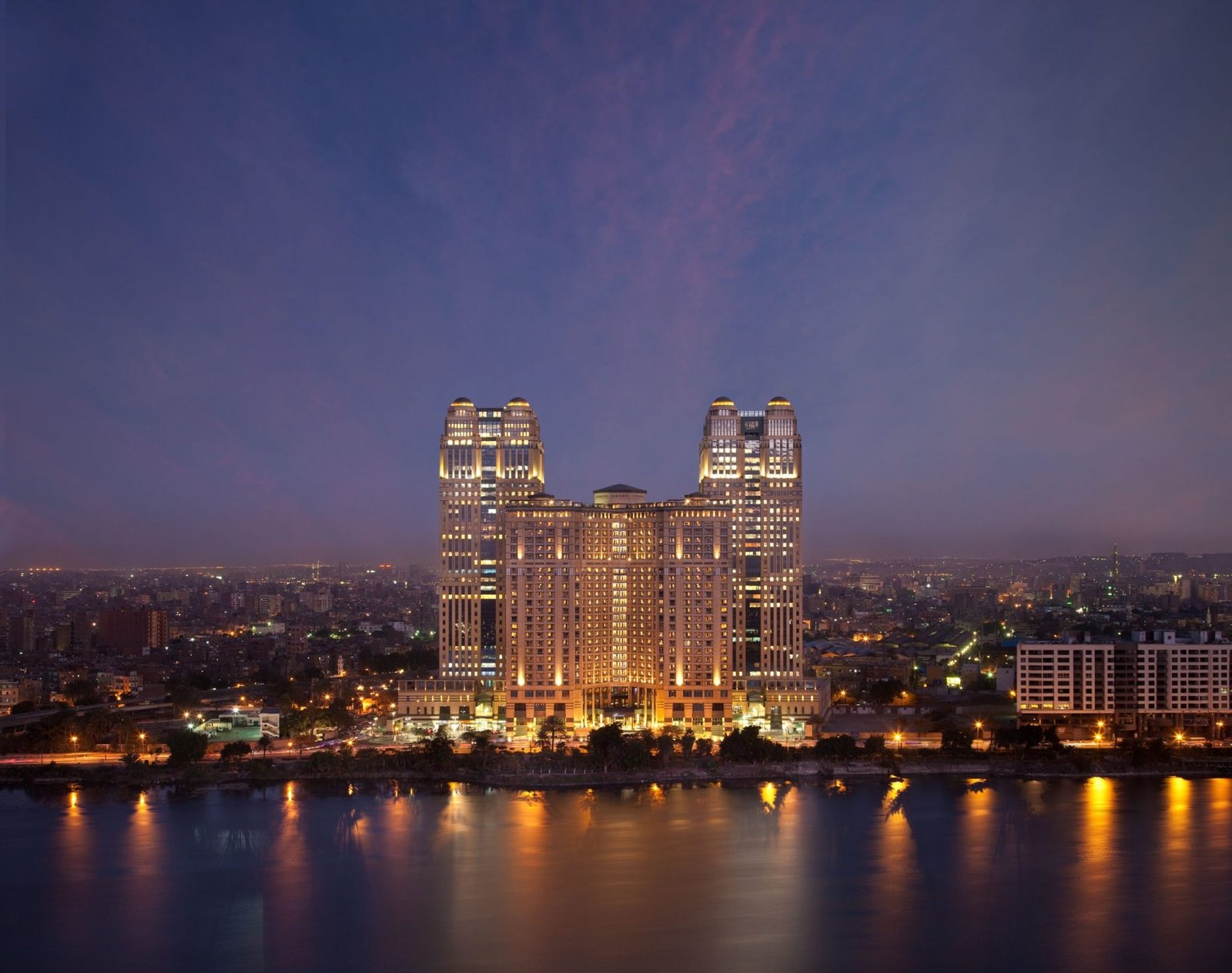Is Egypt Safe? Current Events & Worry-Free Ancient Adventures
Table of Contents
The Unvarnished Truth About Your Dream Trip to Egypt: Don't Let the Headlines Rob You
You’ve seen the images, haven’t you? The sun-kissed sands of Giza, where millennia-old pyramids pierce the impossibly blue sky, standing as silent witnesses to empires that rose and fell. You’ve envisioned yourself gliding along the timeless Nile, past ancient temples etched with hieroglyphs that whisper tales of gods and pharaohs. Perhaps you’ve even dreamt of the vibrant chaos of Cairo’s Khan el-Khalili bazaar, or the tranquil underwater kaleidoscope of the Red Sea. This isn’t just a vacation; it’s an ancestral calling, a journey into the very cradle of civilization, a profound encounter with history that imprints itself on your soul.
Yet, I know what’s been nagging at the back of your mind. You’ve heard the whispers. You’ve seen the news reports – often sensationalized, frequently lacking critical context – about regional tensions in the Middle East. You’ve probably asked yourself, with a pang of doubt that threatens to eclipse your excitement: “Is it REALLY safe to go to Egypt right now?” Let me be brutally direct: the mainstream media, in its relentless pursuit of clicks and manufactured drama, rarely paints the full picture. And for an astute, adventurous individual like yourself, that incomplete, often fear-mongering narrative can cost you more than just a plane ticket. It can cost you the experience of a lifetime, the fulfillment of a dream, the connection to humanity’s deepest roots. Don’t let ignorance or external noise be the thief of your extraordinary adventure.
TL;DR Summary for the Straight-Shooter Who Values Their Time
Before you even think about shelving the trip you’ve yearned for, understand this core, undeniable fact: Egypt’s iconic tourist destinations—the very places you are yearning to explore—remain remarkably secure, fully operational, and absolutely welcoming. While geopolitical currents are indeed a dynamic reality in the broader Middle East, their direct, tangible impact on Cairo’s bustling streets, Luxor’s majestic temples, Aswan’s tranquil waters, or the sun-drenched resorts of the Red Sea is, to put it plainly, virtually non-existent. This comprehensive, no-nonsense guide, forged from direct, on-the-ground experience and unimpeachable authoritative insight, will slice through the media’s superficial narrative. We’ll lay bare the truth about the specific areas of concern (and, critically, demonstrate why they are entirely irrelevant to your vacation plans), equip you with battle-tested strategies for genuinely informed and responsible travel, and empower you to claim your worry-free ancient adventure. Your quest for history, culture, and personal transformation is waiting. Read on, because in the pursuit of something truly magnificent, turning a blind eye to the facts isn’t bliss; it’s a monumental missed opportunity.
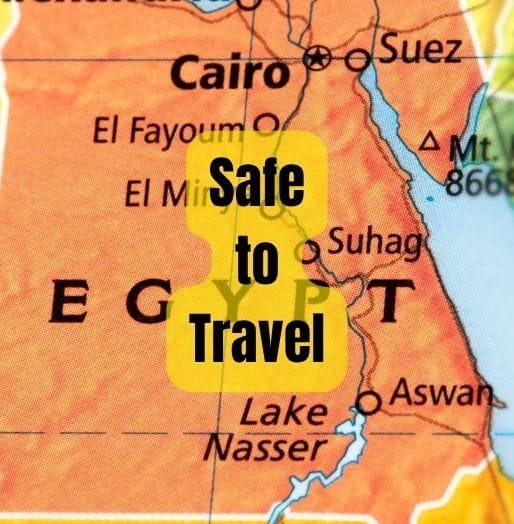
The Hard-Hitting Reality: Why the Headlines Don't Tell Your Story
Let’s cut through the static, shall we? You’ve been bombarded with images and narratives that paint a broad, often terrifying stroke across an entire region. It’s a classic tactic: take a specific, localized incident and extrapolate it into a generalized, overarching threat. But for a discerning individual like you, one who seeks the truth, that simply won’t do. The reality on the ground in Egypt, where your extraordinary journey awaits, operates on entirely different principles than the fear-mongering churn of the 24-hour news cycle. Pay attention, because what I’m about to reveal are the fundamental truths that will reshape your understanding and empower your decision-making.
Regional vs. Relational: Understanding the Nuance, Not the Noise. This isn’t about burying your head in the sand. It’s about surgical precision in your understanding of the world. The geopolitical tremors you occasionally hear about in the “Middle East” are, in almost every instance, regional issues. They involve specific, often non-Egyptian actors, and their geographic and operational scope is typically miles, sometimes hundreds of miles, removed from where you’ll be standing in awe of the Sphinx or sailing the timeless Nile. To conflate a conflict between, say, two nations not bordering Egypt, or a very specific, contained internal issue in a remote Egyptian border zone, with the safety of a five-star hotel in Cairo or a tranquil Luxor cruise, is a monumental failure of logic. The Red Sea resorts, the entire length of the Nile Valley, and the Giza Plateau operate in a distinct, secure reality, fundamentally disconnected from a distant border skirmish. Don’t let the broad brushstrokes of a global map dictate your personal experience of a local reality.
Targeted Security, Uninterrupted Experience: Egypt’s Investment in Your Safety. Let me be crystal clear: the Egyptian government understands, with an undeniable clarity, that tourism is not merely a revenue stream; it is the absolute lifeblood of its economy. They are not merely “concerned” about your safety; they are utterly invested in it. This translates directly into a formidable, pervasive, and highly visible commitment to security around every major tourist site, every international airport, and every significant transport hub. We’re talking dedicated tourist police, robust checkpoints, discreet surveillance, and rigorous protocols that are designed to filter out any potential threat long before it even reaches your horizon. This isn’t theoretical; it’s a tangible, observable, and deeply integrated system that works. It means your focus, rightly so, can remain entirely on the Pharaohs, the hieroglyphs, and the profound historical resonance, not on looking over your shoulder. Your peace of mind has been anticipated and provided for.
Official Advisories: Read Between the Lines. When your home government, whether it’s the UK’s FCDO, the U.S. Department of State, or Australia’s Smartraveller, issues a travel advisory, it’s a product of an inherently cautious, broad-stroke approach designed for maximum prudence and, let’s be honest, to limit their own liability. This is why you must learn to decipher the message, not just react to the headline. There’s a world of difference between a blanket “exercise increased caution” for an entire nation (a common advisory for countless countries around the globe, including many in Europe) and a specific “do not travel” warning for highly localized, remote, or genuinely dangerous border areas that you would never accidentally stumble into on a standard tourist itinerary. Don’t allow a generalized, often legally-driven statement to dictate, or worse, cancel, the most culturally enriching, awe-inspiring trip of your life. Your intelligence demands a deeper reading.
Your Trusted Partner: Navigating with AncientNavigator.com. This isn’t some fly-by-night, DIY expedition into the treacherous unknown, where you’re left to fend for yourself, relying on outdated internet forums or vague news snippets. When you make the smart choice to travel with a seasoned, experienced operator like AncientNavigator.com, you are tapping into a sophisticated, real-time intelligence network. You gain instant access to unparalleled local expertise, decades of accumulated knowledge, and a rigorously pre-vetted system of secure logistics and trusted partnerships on the ground. Our fundamental value proposition isn’t merely about showing you the most breathtaking sights; it is, first and foremost, about ensuring you can immerse yourself in them without a single shadow of doubt concerning your safety or well-being. We don’t just plan tours; we secure experiences.
The Illusion of Danger: Why Your Perception May Be Skewed by Distance and Distortion
Let’s address the elephant in the room, shall we? You hear “Middle East” and, perhaps unconsciously, a singular, monolithic image of conflict and instability forms in your mind. This is precisely where the illusion of danger takes hold, driven by distance and a media landscape that prioritizes the dramatic over the mundane reality. It’s a perception problem, not necessarily a reality problem, for the vast majority of your Egyptian journey. Understanding why your perception might be skewed is the first, crucial step toward reclaiming your adventure.
A. The Geography of Geopolitics: Where the Action (Isn’t) Your Vacation Spot
Let’s get ruthlessly practical about geography. The term “Middle East” is a colossal, sprawling conceptual bucket, encompassing dozens of diverse nations, cultures, and political realities. To equate every country within this vast region to a zone of active conflict is not merely inaccurate; it’s a profound failure of basic geographic understanding. Consider this: would you assume a violent incident in downtown Los Angeles means it’s unsafe to visit the Grand Canyon? Or that a border dispute between Germany and Poland makes it dangerous to tour the French Riviera? Of course not. The sheer scale of the Middle East demands a similar, nuanced perspective. Egypt is not merely “in” the Middle East; it is a distinct nation with its own unique geopolitical standing and, critically, vast, peaceful territories.
Now, let’s pinpoint the actual flashpoints you might hear about. Current regional tensions – be it the ongoing complexities between Israel and Iran, the situation in Gaza, or even localized skirmishes in Yemen – are indeed real. However, a glance at any accurate map immediately reveals their profound geographic distance and operational non-connection to Egypt’s primary tourist hubs. Your cruise down the Nile between Luxor and Aswan is hundreds, if not thousands, of miles from these specific points of friction. The serene beaches of Sharm El Sheikh and Hurghada are meticulously secured and operate in a different reality entirely. Unless your “ancient adventure” involves an inexplicable detour into volatile international borders or remote, non-touristic desert expanses, these distant headlines have precisely zero bearing on your ability to marvel at Abu Simbel or wander through the Valley of the Kings.
Furthermore, understand Egypt’s critical role as a regional anchor. Egypt is not a passive participant in these dynamics; it is often a key mediator, a force for stability and de-escalation. Its national interests are inextricably tied to peace, particularly given the vital role tourism plays in its economy. This strategic positioning means Egypt actively works to insulate itself from broader regional conflicts, safeguarding its borders and, crucially, its tourism sector. This isn’t just about good intentions; it’s about robust foreign policy and self-preservation that directly benefits your safety as a traveler.
B. Media Amplification vs. Ground Truth: The Clickbait Phenomenon
Now, let’s talk about the news. The imperative of sensationalism in modern media is undeniable. “If it bleeds, it leads,” as the old journalistic adage grimly states. Calm, serene, secure tourist experiences simply do not generate the same volume of clicks, shares, or ad revenue as headlines screaming about conflict or instability. This fundamental economic driver of media means that isolated, often geographically confined incidents get disproportionately amplified and then generalized, creating a wholly disproportionate sense of widespread danger. A localized skirmish, thousands of miles away from the Pyramids, can be presented in a way that suggests the entire region is ablaze, intentionally or not, fostering a public perception that is miles away from the ground truth.
This media narrative stands in stark contrast to the everyday reality you’ll encounter in Egyptian tourist areas. While the TV screens might paint a picture of unease, the streets of Cairo’s downtown are bustling, the markets vibrant, the feluccas sailing calmly on the Nile, and the welcome from the Egyptian people remains as warm and hospitable as ever. This isn’t some sanitized bubble; it’s the genuine rhythm of life. You’ll see families out, shops open, and the timeless flow of daily existence continuing uninterrupted. This is the truth that doesn’t make the evening news – because it’s normal.
And this is precisely where AncientNavigator.com offers an invaluable counter-narrative. Our direct, on-the-ground experience provides an unfiltered, unvarnished view that no news desk can replicate. We live, breathe, and operate in Egypt daily. Our teams are embedded in these locations, witnessing the reality firsthand. We are not processing wire reports from distant offices; we are experiencing the rhythm of Cairo, the peace of Luxor, and the tranquility of Aswan. Our knowledge comes from the dirt under our boots, the conversations with local partners, and the constant monitoring of conditions that allows us to distinguish genuine risk from manufactured drama. We provide the truth you can trust, because we’re there.
The Unwavering Commitment to Your Safety: What Egypt Does Behind the Scenes (and In Plain Sight)
Let’s be clear: Egypt is not merely hoping for your safety. They are actively, comprehensively, and relentlessly ensuring it. This isn’t some polite suggestion or a half-hearted attempt. This is a nation that understands its economic lifeline runs directly through its ancient sites and Red Sea resorts. Therefore, the commitment to traveler security is not just a priority; it is an absolute, non-negotiable imperative, backed by significant investment and a meticulously structured system. You may not always see every component of this system, but rest assured, it’s working tirelessly to provide the secure environment you deserve.
A. The Ironclad Security Apparatus: Protecting the Golden Triangle and Beyond
First and foremost, understand the highly specialized nature of the security you’ll encounter. Egypt employs a dedicated Tourist Police force, easily identifiable and strategically deployed at every major archaeological site, within hotel zones, and at key transportation hubs. These aren’t just general law enforcement officers; they are specifically trained for traveler interaction, cultural sensitivity, and, most importantly, the unique security challenges of safeguarding high-value tourist areas. Their visible presence isn’t an inconvenience; it’s a constant, reassuring reminder that your well-being is under direct, professional supervision. They are there to assist you, to answer questions, and to ensure a safe and smooth experience, allowing you to focus entirely on the wonders unfolding before you.
Beyond the visible presence, there’s a sophisticated network of layered security protocols. You’ll encounter checkpoints and surveillance leading into major cities like Cairo, at the entrance to significant historical complexes, and certainly at all airports. These checkpoints are not arbitrary; they are meticulously planned security perimeters, designed to filter and screen, ensuring only authorized individuals and vehicles proceed. Modern surveillance technology is also extensively deployed in key areas. This comprehensive approach, from physical barriers to advanced monitoring, creates a robust defense system. It’s a necessary adaptation in our modern world, and in Egypt, it’s implemented with efficiency and purpose, allowing the vibrant flow of tourism to continue without disruption.
Furthermore, the backbone of any effective security strategy lies in proactive intelligence. Egypt maintains robust intelligence sharing and proactive measures with international security agencies. This isn’t a reactive system waiting for something to happen; it’s a vigilant, forward-looking operation aimed at identifying and neutralizing potential threats before they can materialize. This level of sophisticated, behind-the-scenes collaboration underscores Egypt’s unwavering commitment to maintaining a secure environment for its citizens and, by extension, its invaluable tourist population. It’s a testament to a strategic national focus on stability that often goes unheralded in mainstream news.
B. Infrastructure Built for Tourism: Stability and Service
Safety extends beyond just direct security personnel; it’s deeply embedded in the very infrastructure designed to facilitate your journey. Egypt has invested significantly in modern airports and transportation networks. Cairo International Airport, along with others serving popular destinations, has seen considerable upgrades in facilities and, critically, in security screening technologies. The development of major highways connecting tourist cities, and the meticulous security protocols surrounding Nile cruises, all contribute to a seamless and secure transit experience. Your journey from arrival to hotel, from hotel to ancient site, and across the timeless waters of the Nile, is underpinned by logistical planning and security measures designed for your comfort and safety.
Your accommodation is also a fortress of tranquility. Major hotels across Egypt, particularly those catering to international tourists, implement their own rigorous hotel security protocols. This often includes thorough luggage scanning upon entry, trained security personnel, and controlled access points. These aren’t just places to rest your head; they are designed as secure havens, allowing you to relax and rejuvenate without a hint of worry. These measures are seamlessly integrated into the hospitality experience, often operating so smoothly you’ll barely notice them, but their presence is a powerful reassurance.
Finally, let’s address the jewels of relaxation: the Red Sea resort security. Destinations like Sharm El Sheikh and Hurghada are not merely coastal towns; they are self-contained, meticulously managed resort zones. These areas often benefit from their own heightened, localized security perimeters, controlled access, and dedicated security forces that work to ensure the comfort and safety of visitors enjoying the world-class diving, snorkeling, and pristine beaches. These are environments specifically engineered for leisure and peace, designed to completely separate the holiday experience from any external regional concerns. This deliberate segmentation ensures that while you’re enjoying a breathtaking coral reef, your only concern is identifying the next vibrant fish.
Decoding the Red Tape: Understanding Official Travel Advisories Without Panicking
Now, let’s talk about the elephant in the room that often causes the most unnecessary anxiety: those official government travel advisories. You know the ones – issued by your country’s Foreign Office, State Department, or similar agency. These documents, while ostensibly designed to inform, are often misinterpreted by the public and amplified by media into a broad, fear-inducing narrative. My aim here is to equip you with the strategic literacy to read between the lines, understand their true purpose, and distinguish genuine, localized risk from generalized bureaucratic caution. Don’t let a well-intentioned, but often overly broad, government warning derail your meticulously planned, deeply desired adventure.
A. The Fine Print: Why Governments Issue Warnings
First, grasp the fundamental motivation behind these advisories: risk aversion and liability. Governments, by their very nature, are designed to protect their citizens and, perhaps more pragmatically, to limit their own legal exposure. Therefore, their advisories are inherently cautious, often designed to cover every conceivable contingency, no matter how remote. They will frequently err on the side of extreme prudence, which, while understandable from a governmental perspective, can be severely misleading for an individual traveler trying to assess the real-world safety of a specific destination. It’s a “worst-case scenario” assessment, not necessarily a “most likely outcome” prediction for your unique travel plans.
This leads to the crucial distinction between “general” and “specific” warnings. This is where most people get tripped up. There’s a world of difference between a generalized advisory to “exercise increased caution” when traveling to an entire country (a common warning for countless nations globally, including popular tourist destinations across Europe, Asia, and the Americas, due to standard concerns like petty crime or traffic accidents) and a highly specific “do not travel” warning for a precisely defined, localized, and genuinely high-risk area. The latter is about an active, tangible threat in a small zone. The former is often about reminding you to use common sense, which you already do. Don’t let a generic warning, applicable to half the world, dictate your singular, specific trip to the very safe heart of Egypt.
B. Identifying the Real “No-Go” Zones (and Why They Don’t Affect Your Trip)
Let’s get down to brass tacks and name names. When your government issues a “do not travel” advisory for parts of Egypt, there are consistently a few specific areas mentioned. The primary, consistent “no-go” zone is the North Sinai Governorate. I cannot stress this enough: this is a remote, geographically distinct area in the northeastern part of Egypt, bordering the Gaza Strip and Israel, with very specific, internal security challenges. It is miles away from any mainstream tourist itinerary. You would not, under any conceivable circumstances on a standard AncientNavigator.com tour, accidentally end up in North Sinai. It’s like saying don’t visit Detroit because there’s a blizzard in Alaska – utterly irrelevant to your actual plans.
Similarly, advisories often highlight specific border regions with Libya and Sudan. These are vast, often desolate, and virtually unpopulated desert stretches far to the west and south of the Nile Valley, respectively. Again, unless your “ancient adventure” inexplicably involves venturing into remote, uncontrolled international border zones, these advisories simply do not apply to your travel plans. You’re coming to marvel at ancient wonders, sail the Nile, and relax by the Red Sea – none of which involve venturing into these highly restricted, non-touristic areas.
Here’s the critical takeaway, the “99% Rule”: The overwhelming majority of Egypt, specifically its world-renowned tourist-rich areas—from the bustling energy of Cairo to the timeless tranquility of Luxor and Aswan, and the vibrant coastal resorts of the Red Sea—falls entirely outside these highly restricted zones. These regions are safe, secure, and actively welcoming visitors. It is paramount that you differentiate between the very small, specific areas of concern and the vast, peaceful expanse where history truly lives and breathes.
C. Your Action Plan: How to Use Advisories Intelligently
Now, for the actionable intelligence. This isn’t about ignoring official advice; it’s about leveraging it intelligently.
- Before Booking: Always, without exception, check the very latest, most current travel advisory issued by your specific home country’s government. This provides your foundational understanding.
- Before Departing: Re-check that same advisory for any updates. Situations can evolve, though major tourist zones in Egypt typically remain stable.
- During Travel: Stay informed. While you’ll be immersed in the wonders, ensure you have reliable sources for news (e.g., reputable international news outlets) and, crucially, maintain open communication with your AncientNavigator.com tour operator. We are your eyes and ears on the ground.
Here’s the crucial insight: official advisories are guidelines to inform your decision-making, not rigid decrees designed to prevent you from experiencing the world. They empower you to be informed, not to be paralyzed by fear. By understanding their nuances, you can proceed with confidence, knowing you’ve done your due diligence and chosen a path of informed, rather than impulsive, action.


Your Blueprint for a Worry-Free Ancient Adventure: Practical Strategies and Insider Wisdom
Don’t ever fall into the trap of believing that simply booking a trip means all responsibility for your safety vanishes. While we, at AncientNavigator.com, commit to providing an unparalleled level of security and support, the truly intelligent traveler understands that personal vigilance and preparation are your ultimate allies. This isn’t about paranoia; it’s about intelligent self-preservation, leveraging the tools at your disposal, and adopting a mindset that ensures your focus remains on the wonders, not on unnecessary anxieties.
A. The Power of a Professional Guide and Tour Operator: Your Unseen Shield
Let’s get this straight: independent travel in a country like Egypt, while possible, is simply not the optimal path for maximum safety and peace of mind, especially in the current global climate. The value of a professional guide and tour operator – like AncientNavigator.com – extends far beyond mere logistics and sightseeing. We are your unseen shield, your real-time intelligence network, and your expert navigators in a foreign land.
Consider this: we possess local intelligence on demand. Our teams are on the ground, living and working in Egypt every single day. They are privy to nuances, local developments, and ground-level insights that no internet search or news report can ever provide. This means they can instantly adapt, advise, and navigate any situation, however minor, far more effectively than an independent traveler relying on potentially outdated or generalized information. This isn’t just convenience; it’s a vital, dynamic layer of security.
Furthermore, our operations are built on pre-vetted logistics & security. Every vehicle we use, every hotel we partner with, and every local guide we employ undergoes rigorous vetting. This isn’t just about ensuring comfort; it’s about ensuring safety protocols are met, maintenance standards are high, and personnel are trustworthy and experienced. When you step into an AncientNavigator.com vehicle, or check into one of our partner hotels, you are stepping into a system of vetted reliability. We’ve done the laborious, critical background checks, the due diligence, and the rigorous planning, so you don’t have to. Your energy is reserved for the awe-inspiring experience, not for managing potential risks.
And should the utterly improbable occur, rest assured, we have established emergency protocols. Without divulging sensitive operational specifics, understand that professional operators like AncientNavigator.com have sophisticated communication networks and predefined response plans for a spectrum of eventualities. This means you’re never stranded, never without support, and never out of touch. Our dedicated teams are on standby, ensuring rapid response and guidance, providing a comprehensive safety net that empowers you to explore with genuine confidence.
Finally, our expertise includes expert knowledge of safe routes and practices. Our guides aren’t just historians; they are also masters of local logistics and safety. They know the most secure routes between sites, the optimal times to visit to manage crowds and ensure a smooth experience, and the subtle cultural nuances that contribute to both safety and an enriching interaction with locals. This intimate, on-the-ground knowledge is an invaluable asset that mitigates unforeseen challenges and maximizes your peace of mind.
B. Smart Traveler Habits: Your Personal Vigilance Protocol
Even with the best tour operator, your personal awareness is paramount. This isn’t about succumbing to paranoia, but about cultivating situational awareness – a skill that serves you well in any city, anywhere in the world. Be aware of your surroundings, especially in crowded areas like markets or major tourist sites. This simply means being present, not distracted, and observant of the flow of people and activity around you. It’s common sense, applied diligently.
Basic precautions also apply: safeguard your valuables. Avoid ostentatious displays of wealth that might draw unnecessary attention. When moving about independently (e.g., during free time in a city), stick to well-lit, populated areas and generally avoid isolated locations, particularly after dark. These are universal tenets of safe travel, regardless of destination.
Communication is key. Ensure your family and friends back home know your general itinerary and check in with them regularly. Furthermore, keep lines of communication open with your AncientNavigator.com team. If you have a question, a concern, or simply want to touch base, our support is readily available. You are part of our network while you are traveling with us.
And critically, respect local customs and culture. This isn’t just about being polite; it’s about smart travel. Dressing respectfully, particularly in religious sites or more conservative areas, and being mindful of local traditions and etiquette, helps ensure smoother interactions and avoids drawing unwanted or negative attention. When you show respect for a culture, that respect is invariably returned, fostering a more positive and secure environment for your experience.
C. The Non-Negotiable: Comprehensive Travel Insurance
Let me be blunt: if you are contemplating a trip of this magnitude without comprehensive travel insurance, you are making a grave error. This isn’t a suggestion; it’s a non-negotiable investment in your peace of mind and financial security. This isn’t merely about lost luggage or minor inconveniences. We are talking about coverage for medical emergencies, which can be astronomically expensive overseas. We are talking about trip interruptions or cancellations due to unforeseen circumstances – and yes, this includes political events or natural disasters that might alter plans.
It is absolutely vital that you delve into the fine print, particularly the “acts of war” clause. This is a common area of confusion and concern. While standard policies often exclude such events, many comprehensive plans offer more robust coverage, or you might consider specialized “cancel for any reason” (CFAR) policies, which, while more expensive, offer the ultimate flexibility. Alternatively, some niche insurers specialize in high-risk travel. Before you purchase, review your policy details meticulously, ask direct questions of your provider, and understand precisely what scenarios are covered. This detailed understanding transforms a mere purchase into a powerful tool for genuine security.
Ultimately, you cannot afford to skip it. Travel insurance is not an optional add-on; it’s a foundational element of responsible travel in the 21st century. It acts as your financial fortress, protecting you from unforeseen expenses and providing a critical safety net that allows you to truly relax and immerse yourself in the wonders of Egypt, knowing that should the unlikely occur, you are fully protected. Don’t leave home without this vital layer of defense.
The Irresistible Call of History: Why Now is Still the Time for Egypt
Let’s be honest. You’ve read the facts, you’ve absorbed the strategies, and your rational mind is, hopefully, putting away those baseless fears. But the true pull of Egypt, the yearning that brought you to this page, is not merely rational. It’s an ancient, profound, almost spiritual magnet. And what I’m here to tell you now is that despite—or perhaps, because of—the very noise that has tried to deter you, NOW is undeniably the time to answer that call. Don’t let manufactured apprehension allow you to miss a moment that will define your travel legacy.
A. Grand Egyptian Museum (GEM): The Unveiling of Millennia – A Once-in-a-Generation Event
Forget everything else for a moment. This single, monumental development is, by itself, a reason to book your tickets today. The Grand Egyptian Museum (GEM), a colossal, state-of-the-art marvel strategically positioned near the Giza Pyramids, is no longer a distant dream. As of its recent full opening on July 3, 2025, it stands as the largest archaeological museum in the world, a crowning achievement designed to revolutionize how humanity interacts with ancient Egypt. This isn’t just another museum; it is the culmination of decades of meticulous archaeological endeavor, curatorial genius, and national pride. It is a historical event in itself, one you can be a part of.
And within its hallowed walls, for the first time in history, you can witness King Tut’s full glory – the entire collection of artifacts from Tutankhamun’s tomb, a staggering 5,000 pieces, displayed together. Imagine gazing upon his golden mask, the intricate sarcophagi, and the dazzling array of personal effects that accompanied a boy-king into the afterlife, all in one unparalleled location. No more fragments scattered across continents; this is the complete narrative, laid bare before your very eyes. This singular experience alone justifies the journey, providing an intimate, breathtaking encounter with a pharaoh whose mystique has captivated the world for a century. The GEM is not merely a modern building; it is a meticulously crafted portal to the past, a testament to Egypt’s enduring legacy, and a non-negotiable highlight of any truly discerning traveler’s itinerary.
B. Beyond the Monuments: Egypt’s Expanding Offerings and Enduring Charms
While the pyramids and the GEM are monumental draws, Egypt’s allure is vast and multi-faceted, operating in serene distinction from any regional concerns. The Nile’s timeless flow continues as it has for thousands of years, offering the quintessential, most relaxing, and incredibly secure way to experience the heartland of ancient Egypt. A Nile cruise, drifting past temples at sunset, watching daily life unfold on the riverbanks, is an experience of profound peace and historical immersion, untouched by external geopolitical currents. It is a world unto itself, a moving sanctuary of history.
For those seeking vibrant contrasts, Egypt’s Red Sea reefs and relaxation continue to beckon. The world-renowned diving and snorkeling opportunities in Hurghada and Sharm El Sheikh are pristine, the resorts are world-class, and the security protocols in these self-contained zones are robust. This offers a magnificent counterpoint to the historical exploration, allowing for days of sun-drenched leisure and unparalleled underwater discovery, far removed from any perceived regional instability.
And the adventures don’t stop there. Organized desert adventures and oasis excursions provide thrilling, secure journeys into Egypt’s vast, mesmerizing landscapes. These are controlled, guided expeditions that showcase another facet of Egypt’s natural beauty, operating within highly managed parameters. Beyond the iconic sites, it’s the rich tapestry of Egyptian life – the genuine warmth of its people, the vibrant markets pulsating with ancient rhythms, the tantalizing flavors of its cuisine – that adds layers of cultural immersion to your journey. These are the elements that create truly unforgettable memories, woven into the fabric of a secure and welcoming nation.
C. The Value Proposition: Seize the Moment
Let me give you a blunt truth: don’t postpone your dreams because of someone else’s distorted narrative. Life is unequivocally short, and the opportunity to connect with a civilization as profound and enduring as ancient Egypt is a precious, finite window. To defer this journey is to deny yourself a transformative experience that promises personal growth and unparalleled wonder.
Consider, too, the subtle advantages of the current travel climate. While the regional noise might deter the timid or the ill-informed, for the astute traveler, this can translate into a unique opportunity: potentially fewer crowds at certain times, offering a more intimate, unhurried, and deeply personal experience at iconic sites. For those with courage and conviction, current caution can subtly become a competitive advantage, allowing for a more profound connection with these ancient wonders.
Ultimately, the unforgettable experience of Egypt will far, far outweigh any fleeting anxieties you might have initially held. Standing dwarfed by the Pyramids, tracing hieroglyphs in a silent tomb, feeling the timeless currents of the Nile – these are moments of pure, unadulterated awe. They are the kind of experiences that resonate for a lifetime, enriching your perspective and expanding your soul. Don’t let fear, stoked by a distant and largely irrelevant narrative, rob you of a journey that promises nothing less than transcendence. The stage is set, the wonders await, and your place in history is ready to be claimed.
Don't Let Fear Rob You of History: Take Action Now
So, the choice, my discerning friend, now rests squarely with you. You’ve been presented with the unvarnished facts. You understand the profound difference between a distant geopolitical ripple and the secure, vibrant reality on the ground in Egypt’s iconic destinations. You know the robust security measures in place, and you’ve been armed with the practical strategies for a genuinely worry-free journey.
Now, I ask you directly: Will you allow sensationalized headlines and vague regional anxieties, peddled by those who profit from your fear, to sideline your lifelong dream? Will you let this fleeting moment of manufactured uncertainty rob you of the profound, transformative experience that awaits you in the land of the Pharaohs? Or will you, like the intelligent, adventurous individual you are, empower yourself with real knowledge, partner with genuine experts who live and breathe this reality, and decisively seize the opportunity to walk among the pharaohs, sail the timeless Nile, and witness wonders that have captivated humanity for millennia?
Imagine it. Right now, as you read these words, the desert sun is warming the ancient stones of Karnak. Feluccas are gliding silently on the Nile, their sails catching the breeze. The vibrant scent of spices is wafting through the souks of Cairo. These are not just pictures in a book or fleeting images on a screen; these are living, breathing experiences waiting for you. Don’t let unfounded fear be your tour guide. Don’t let indecision be the thief of your destiny.
The time for hesitation is over. The time for dreaming passively is done. It’s time for action.
Stop postponing your destiny. Stop allowing clickbait to dictate your adventures. Take the decisive step towards your unforgettable Egyptian journey.
Click here to explore our hand-crafted, meticulously secured Egypt tour packages. These aren’t just trips; they are expertly curated immersions designed for maximum wonder and absolute peace of mind.
Or, if you possess specific questions, if you require personalized, confidential advice tailored to your unique concerns, then make the smart move: schedule a direct consultation with an AncientNavigator.com expert today. There’s no obligation, just honest, direct answers from those who know Egypt best.
Your ancient adventure doesn’t just await. It’s safer than you think, and it promises to be more profound, more inspiring, and more truly worry-free than you can possibly imagine. The history is calling. Will you answer?
Join our Email List
About the Author
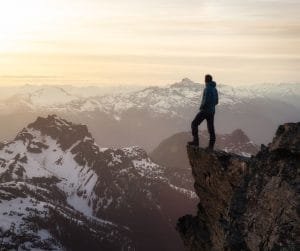
James
A passionate traveler and writer who loves exploring the world, discovering new places, savoring unique foods, and connecting with fascinating people. Through their writings, James shares personal experiences and stories from every corner of the globe, with the hope that others can one day embark on these adventures for themselves. Whether it's about a hidden gem of a destination or a culinary delight, James's goal is to inspire and spark a sense of wanderlust in their readers.

James
A passionate traveler and writer who loves exploring the world, discovering new places, savoring unique foods, and connecting with fascinating people. Through their writings, James shares personal experiences and stories from every corner of the globe, with the hope that others can one day embark on these adventures for themselves. Whether it's about a hidden gem of a destination or a culinary delight, James's goal is to inspire and spark a sense of wanderlust in their readers.
Past Blog Posts

Planning a Trip to Egypt? Here’s How Long You Need
Think you can “do” Egypt in 3 days? Think again. From ancient tombs to Nile-side secrets, this guide reveals why the magic of Egypt demands more than a layover—and shows you exactly how many days you really need to make it unforgettable. Don’t book that flight until you read this.

How Far Does $100 Go in Egypt?
Think $100 won’t get you far? In Egypt, it’s a game-changer. From luxury hotels to mouthwatering meals and ancient wonders, see how far your dollar really goes. This guide breaks down real costs, insider tips, and jaw-dropping experiences you can afford—without breaking the bank.
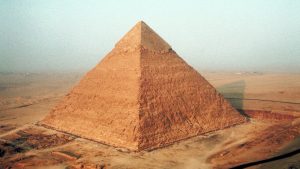
Private Egyptologist Tours: Unlock Egypt’s Hidden Secrets in Luxury
Step beyond the velvet ropes of Egypt’s most iconic sites. With a private Egyptologist as your guide, you’ll uncover hidden chambers, untold stories, and experience ancient wonders far from the tourist crowds. This is discovery at its most exclusive—where history meets luxury.

